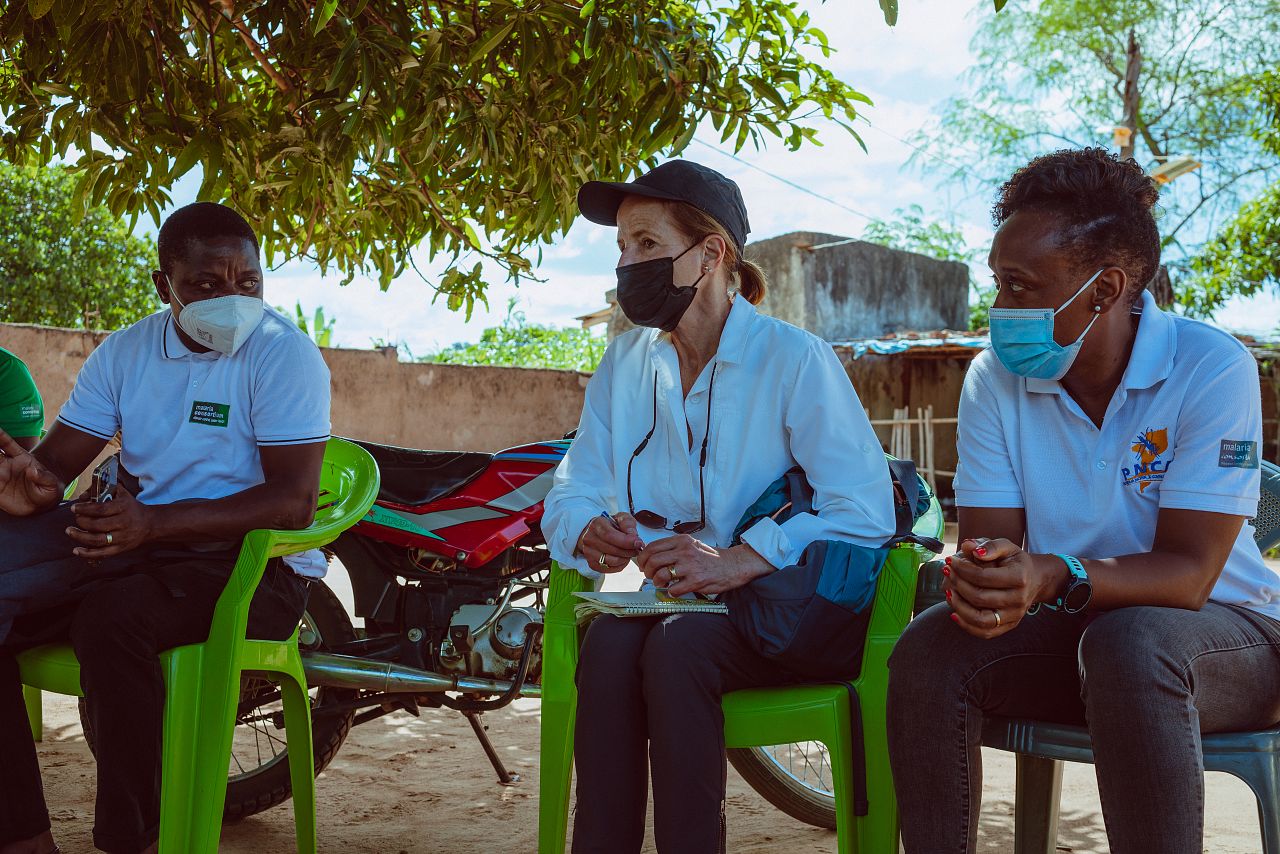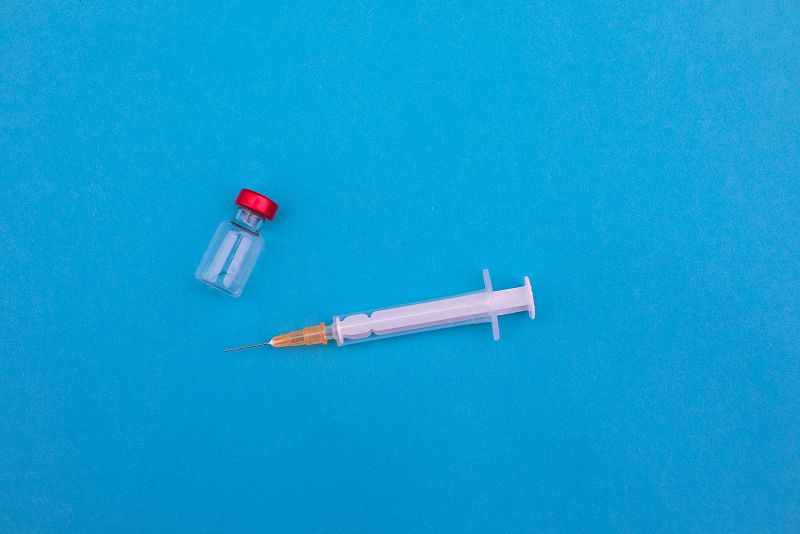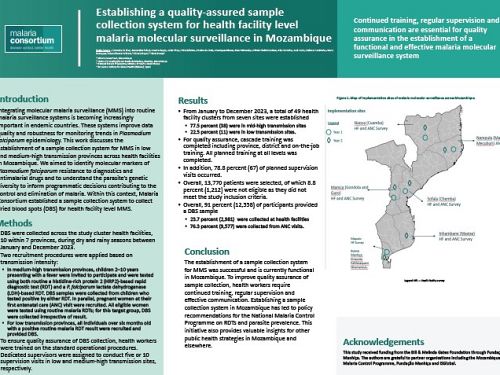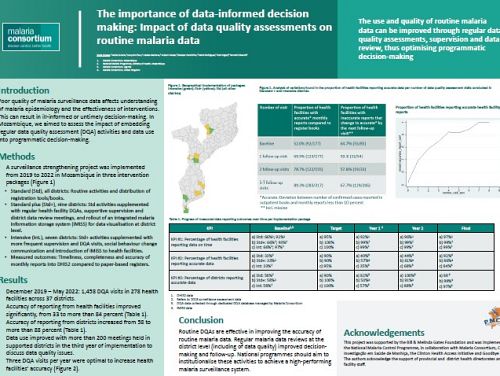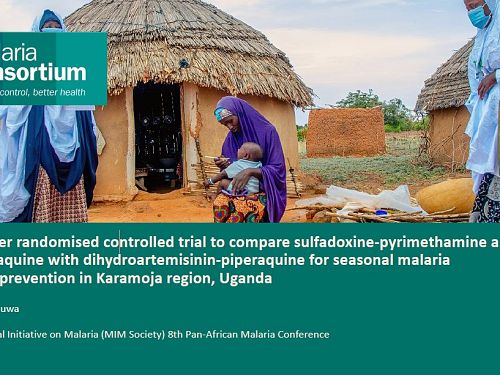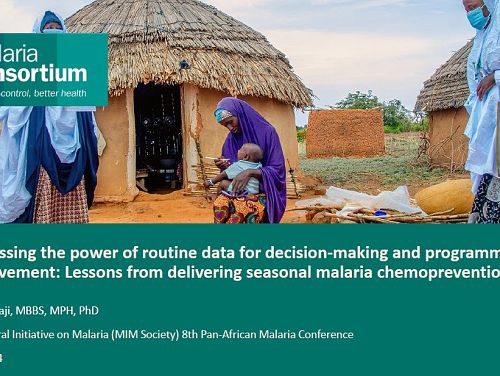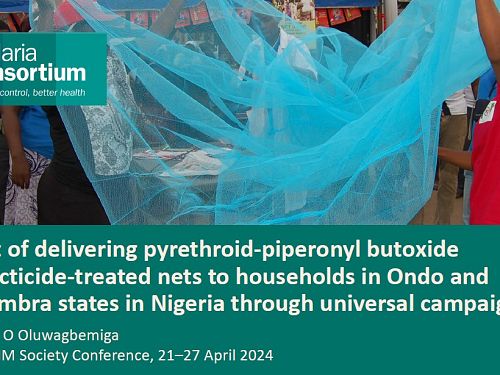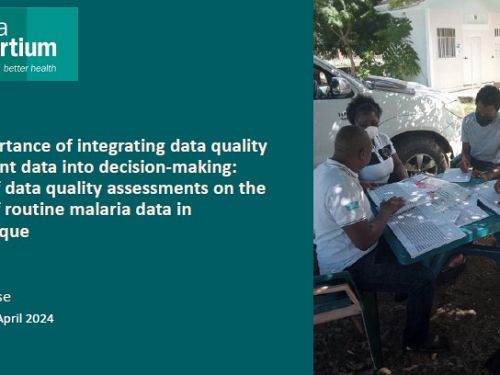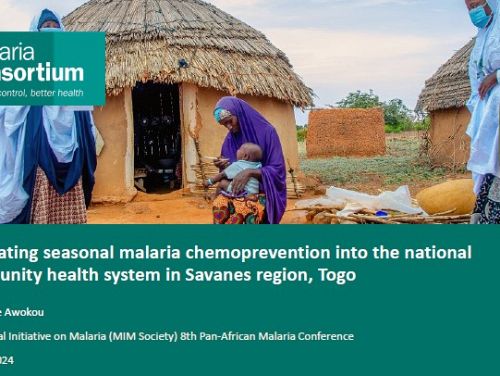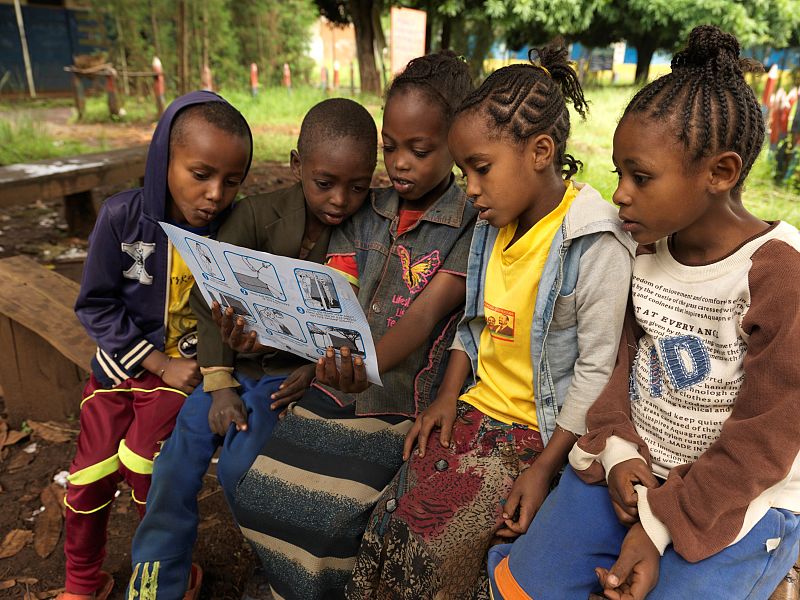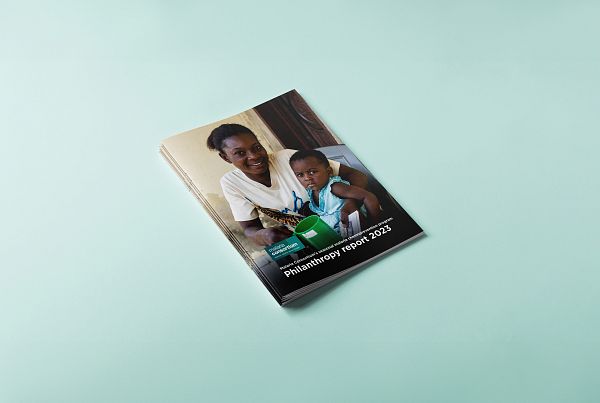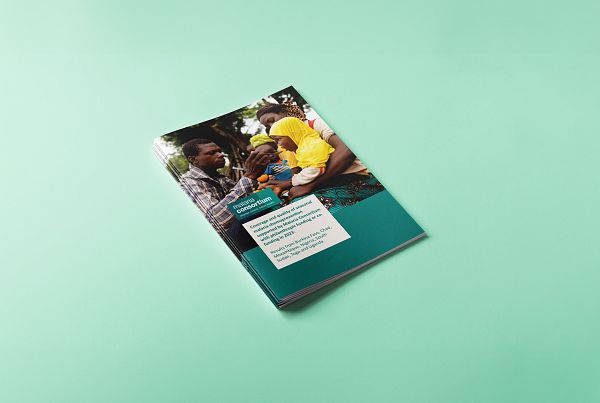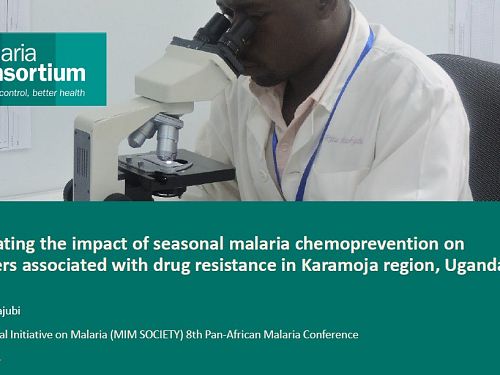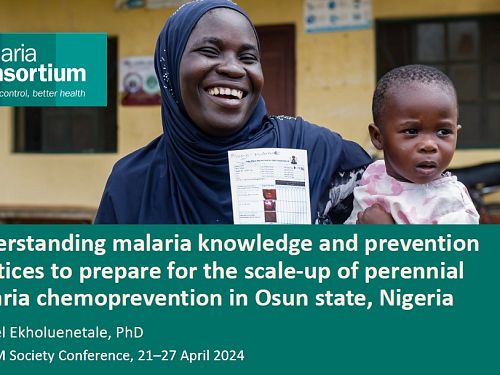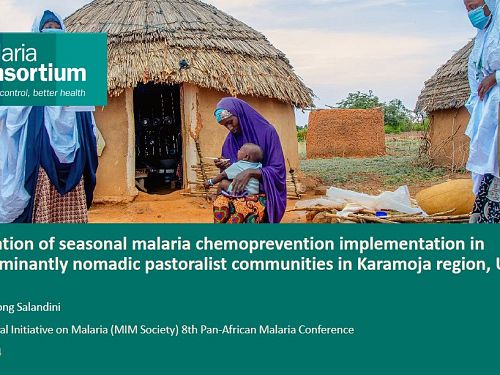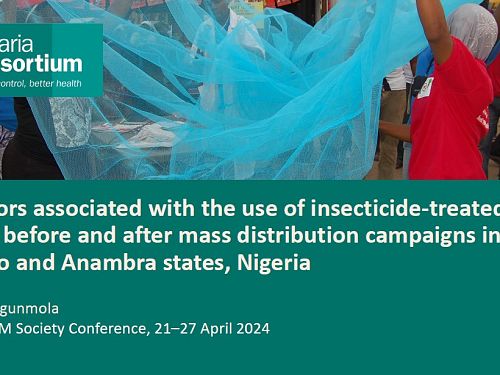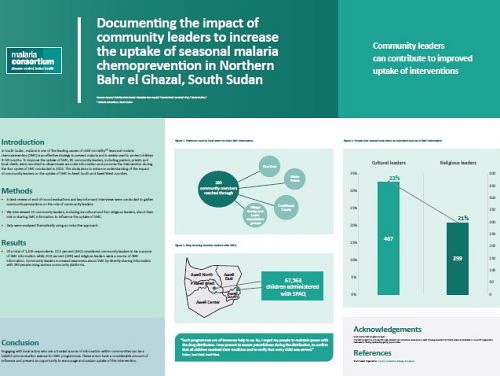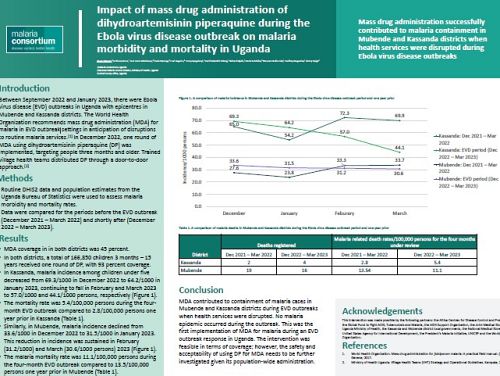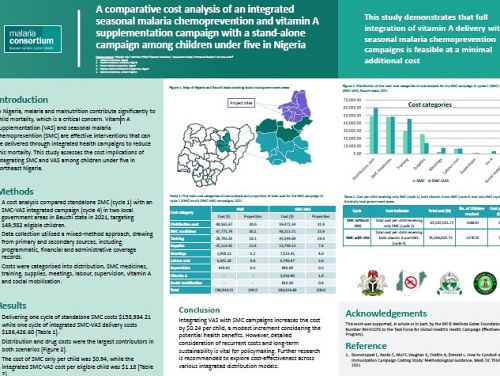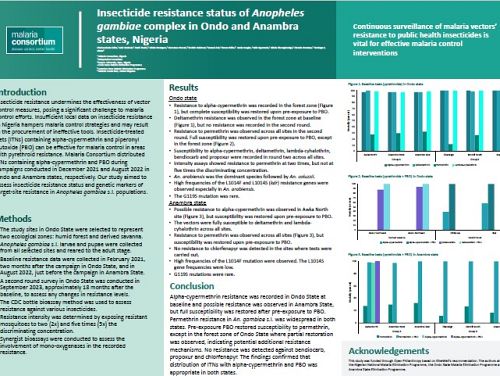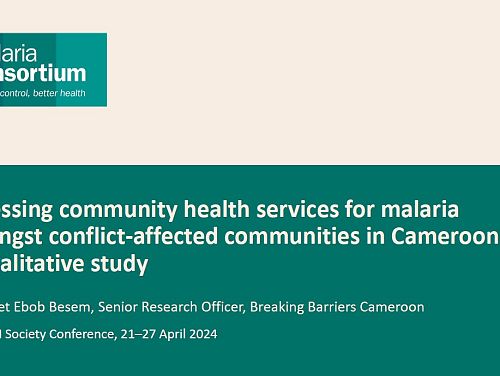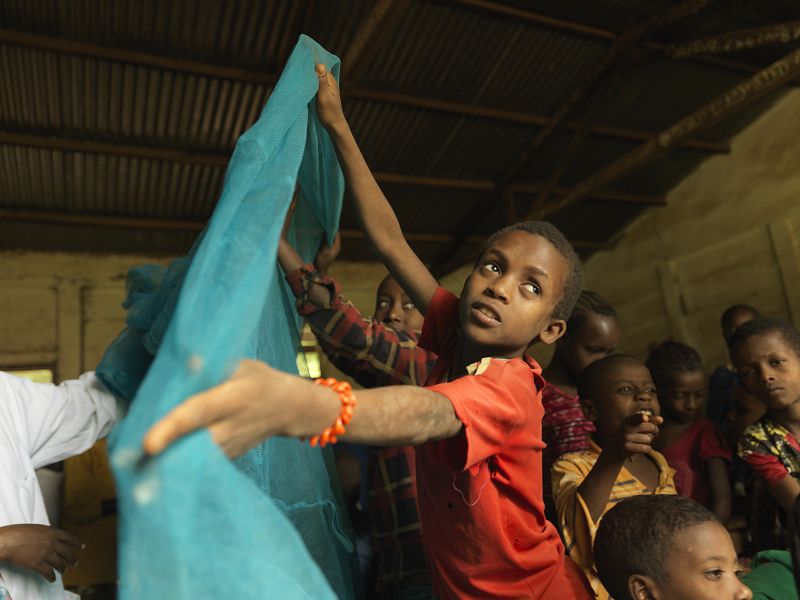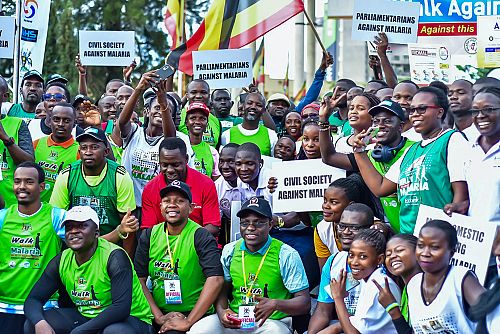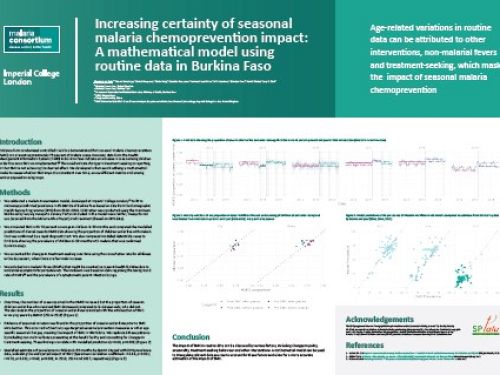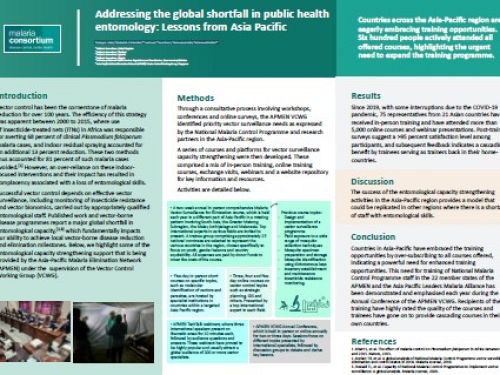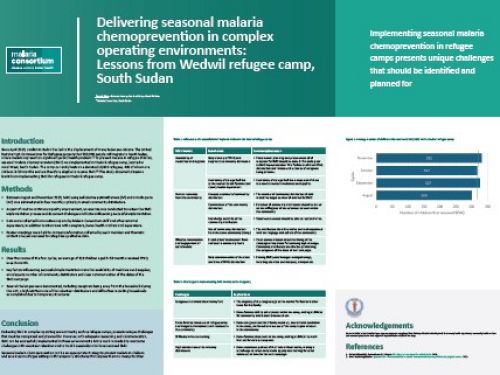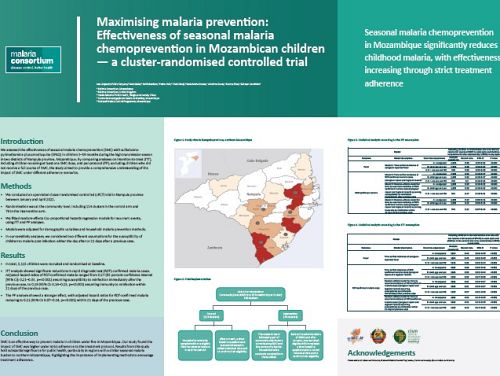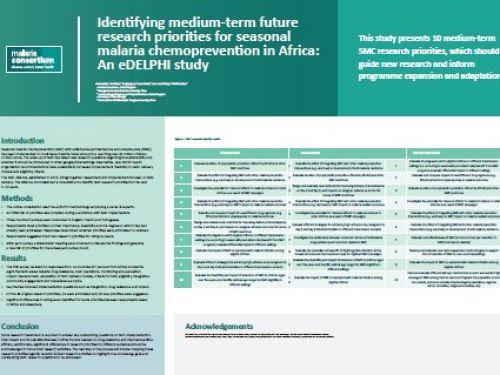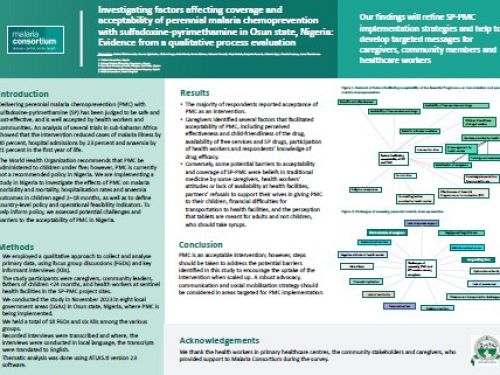Who we are
Our mission
Saving lives and improving health in Africa and Asia, through evidence-based programmes that combat targeted diseases and promote universal health coverage. We are a recognised implementer at scale of evidence-based programmes and received Independent Research Organisation status in 2020.
We bring technical excellence to our programmes, projects and research and an uncompromising commitment to the safety of those we work with. We’re willing to work on complex issues, in complex regions. We know that one size does not fit all, adapting to local circumstance and responding rapidly to what the data tells us. Our evidence and experience allow us to work collaboratively with stakeholders engaged in global public health, supporting countries to develop and implement their own solutions.
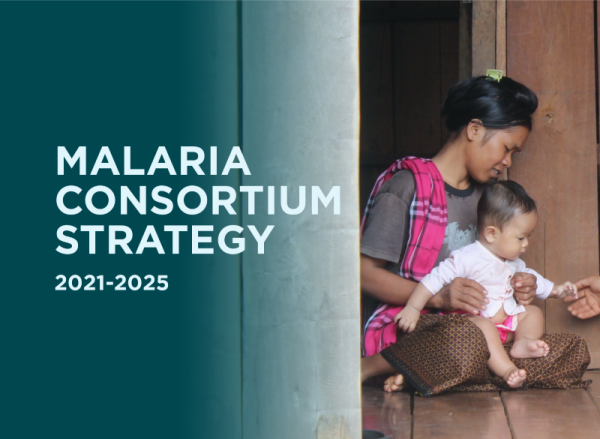
Strategic focus
All of our work is informed by our core values: accountability, integrity, dignity and equity.
Read more in our strategy.
Learn more
Accelerating the reduction in the burden of targeted diseases
As a leader in interventions including chemoprevention and vector control, we rely on evidence and our expertise to deliver established interventions, influence other effective interventions and guide new strategies to reduce the burden of malaria, pneumonia, dengue, malnutrition and diarrhoea. We work with communities and all levels of the health system to improve access to and demand for primary healthcare services and overall quality of care.
Learn more
Strengthening data-informed decision-making and digital approaches to community engagement
We promote disease surveillance as a core intervention to engage communities to improve the quality and accessibility of routine health information by using digital tools and approaches that strengthen the linkages between case-level data and national health information systems. We combine capacity development at community level with the use of innovative tools and platforms to enhance local capabilities to interpret and use these data most effectively.
Learn more
Supporting health sector resilience to achieve Universal Health Coverage by 2030
Our tailored interventions seek to improve equity by providing quality, affordable health services to marginalised populations (particularly women and girls and those living in hard-to-reach areas). To ensure barriers to achieving UHC are addressed and to encourage sustainability, we work closely with governments to integrate our programmes within existing health systems and structures in the countries in which we work and play an active role in creating an enabling environment for dialogue and coordination between public, private and philanthropic stakeholders.
Learn more
Influencing policy and practice at national and global levels
We support national programmes to create technical operational guidance using context-specific evidence that appropriately adapts normative guidance from the Global Malaria Programme. We undertake operational and implementation research to improve existing interventions and approaches, introducing innovation and providing strong evidence for our work that allows us to confidently advocate for evidence uptake into national and global policy.
Learn more
